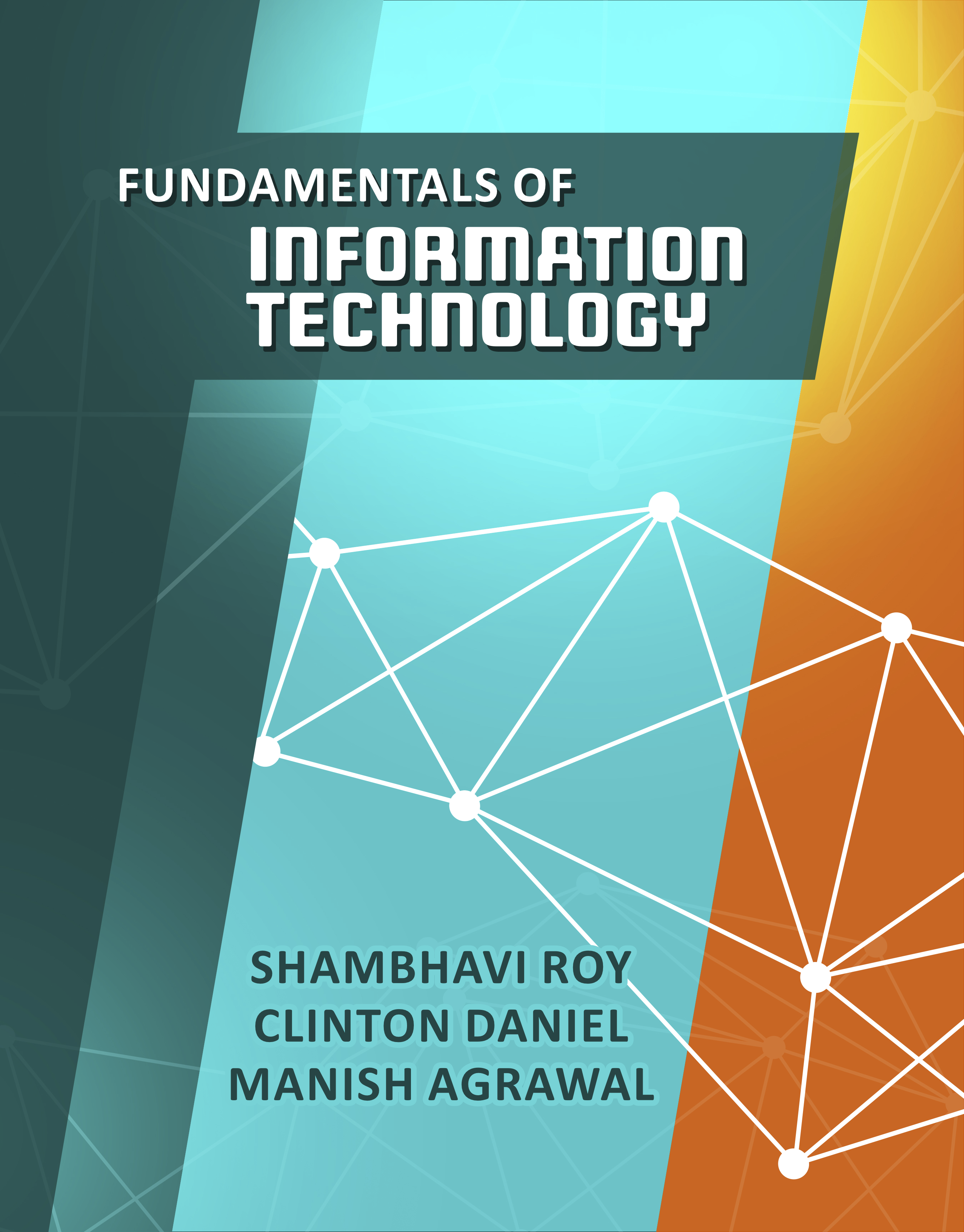Document Type
Book Chapter
Publication Date
1-1-2023
Keywords
digital information technologies, information technology, spreadsheets
Abstract
Spreadsheets are electronic documents that help users to manipulate data. While word processors and email are probably the most used productivity applications, much of the world’s business runs on spreadsheets. This is because spreadsheets are the productivity applications designed to store numbers. Spreadsheets make it easy to visualize data and identify trends in that data. Any teacher tracking student grades will find it easiest to do so using spreadsheets. Student clubs will find it easiest to track contributions and expenses if they use spreadsheets. You may not use spreadsheets every day of your life, but your most valuable information is likely to be stored on spreadsheets.
For precisely this reason, spreadsheets were the killer app for computers in business. Just as email encouraged consumers to buy computers and get Internet connectivity, spreadsheets made it worthwhile for businesses to buy computers to track how their business was doing. Steve Jobs credits the first spreadsheet program, VisiCalc, as being the driver for early Apple sales.
Dan Bricklin came up with the idea of a visual calculator in 1978 while doing his MBA at Harvard. He initially visualized the user interface of spreadsheets as the cockpit display in aircraft but settled on the current row-column format to enable human-friendly names to be applied to data elements. Dan first called his program “Calcu-ledger” but eventually changed it to VisiCalc for Visual Calculator. Dan’s business partner, Dan Fylstra, also an MBA from Harvard, and one of the earliest software publishers, demonstrated the VisiCalc program to Steve Jobs. Almost a million copies of VisiCalc were sold at about $100 each, driving sales for Apple, as well as the adoption of computers in business. Subsequently, Mitch Kapor and Jonathan Sachs created Lotus 1-2-3, which was bought by IBM, and Microsoft came out with Excel. VisiCalc eventually lost its lead in the market.
Of all the applications and technologies discussed in this book, the ability to use spreadsheets productively is perhaps the most marketable skill. No one will hire you strictly because you can write emails or documents. But there is a good chance that with an expertise in spreadsheets, an organization will find you extremely valuable.
Digital Object Identifier (DOI)
https://doi.org/10.5038/JZOR6020
Scholar Commons Citation
Roy, Shambhavi; Daniel, Clinton; and Agrawal, Manish, "Chapter 09 Introduction to Spreadsheets" (2023). FUNDAMENTALS OF INFORMATION TECHNOLOGY: Textbook – English. 9.
https://digitalcommons.usf.edu/dit_tb_eng/9


